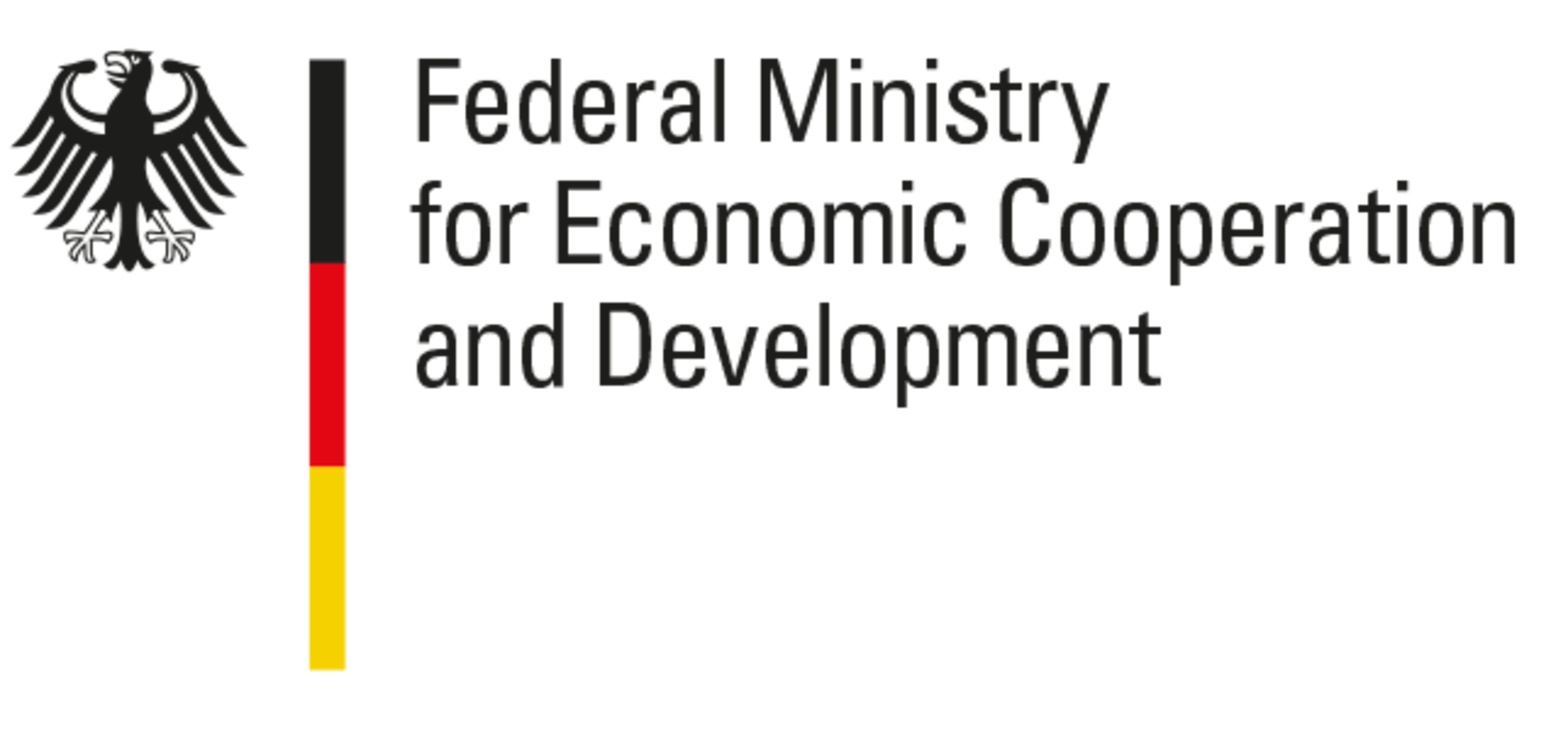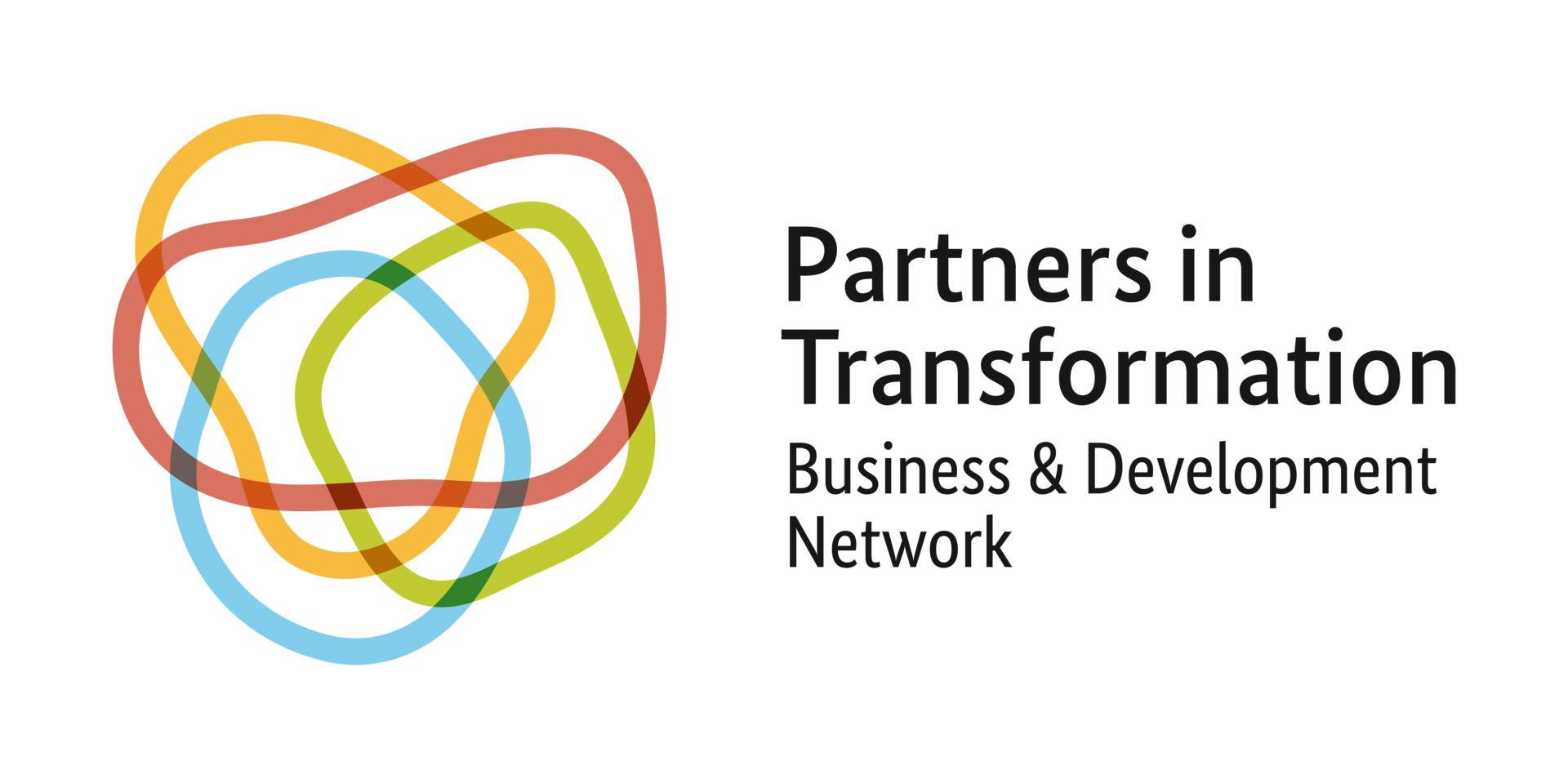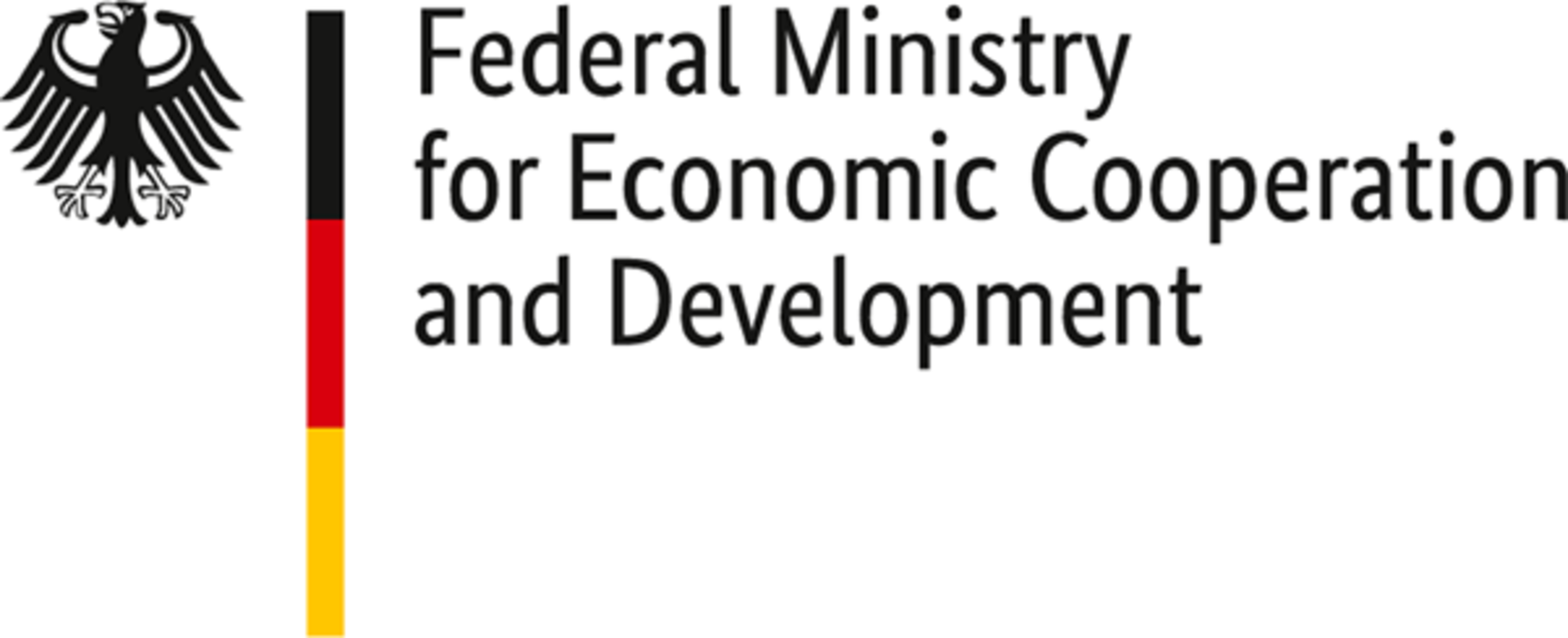What we do
Promoting trade
Import Promotion Desk (IPD) promotes the establishment of durable, long-term trade relations between importers and tour operators in Germany and Europe and companies from selected partner countries.
Since as far back as 2012, we have been supporting importers and tour operators in their search for overseas business partners, opening up new supply sources for them in selected developing countries and emerging markets. And, for small and medium-sized enterprises (SMEs) in the partner countries, we facilitate access to the EU market. In doing so, we contribute towards lasting economic development in our partner countries and, with our work, form an important interface between development cooperation and foreign trade.
Our development policy goal
Integrating the partner countries in global trade
On behalf of the German Federal Ministry for Economic Cooperation and Development (BMZ), we currently support SMEs in 21 selected developing countries and emerging markets. We also promote cooperation with business support organizations (BSOs) in the countries so that they are increasingly enabled to offer independent, long-term export promotion services for companies in their own countries. We are directly represented with on-site staff in our partner countries Côte d’Ivoire, Ecuador, Morocco, and Kenya. Thanks to these IPD HUBs, we are better equipped to support the local BSOs in building up export promotion services and to intensify our sourcing of potential exporters. Our focus in this work is on these product areas:
Through our engagement, we aim to integrate small and medium-sized enterprises from developing countries into international supply chains and boost exports from partner countries.
Our goal is to drive innovation and greater added value, thereby creating jobs and new sources of income for the low-income groups of the population. To this end, we prepare the export companies for the European market and mediate comprehensive knowledge and competencies for the successful marketing of their products in Europe. Using targeted matchmaking, IPD connects the companies with European business partners.
Our goal for European businesses
Connecting reliable trading partners
Development policy measures are no one-way street. IPD specifically promotes demand-oriented exports of products that are required by European companies for their production and trading. For this purpose, we open up new supply sources for importers in our partner countries. Besides this, we also help tour operators in the process of finding tourism partners for sustainable and resource-friendly travel offers. And so, by means of new procurement markets, we create lasting trade relations, from which both sides benefit.
Who we are
A strong initiative
Import Promotion Desk (IPD) is a project funded by the BMZ that was launched in October 2012. The aim is that of facilitating and sustainably increasing imports from developing countries and emerging markets to Germany and other European countries. To this end, IPD mediates the building up of business relations and empowers local players for export promotion. This succeeds thanks to the support of the two initiators.
Federation of German Wholesale, Foreign Trade and Services (BGA)
As the umbrella organisation of the German economy, the BGA with its regional and state associations as well as the affiliated national sectoral associations represents the interests of German companies in the wholesale, foreign trade and services sector.
The sector covers 143,000 German companies with almost 2 million employees and a turnover of more than 1,400 billion euros.
With its cross-sectoral and above all international network, BGA is an irreplaceable partner when it comes to in-depth cooperation and long-term collaboration with trade and service associations as well as companies. The aim is to reliably strengthen imports from developing and emerging countries to Germany and Europe.

sequa gGmbH
sequa gGmbH in Bonn is responsible for the controlling and implementation of all IPD project activities. The shareholders of this globally active, non-profit development organisation are:
- Confederation of German Employers’ Associations (BDA)
- Federation of German Industries (BDI)
- Association of German Chambers of Industry and Commerce (DIHK)
- German Association for International Cooperation (GIZ)
- German Confederation of Skilled Crafts (ZDH)
sequa thus combines the know-how and networks of the German economy with the experience of German development cooperation.
In its programmes and projects, sequa works together closely with its shareholders and their member organisations. The company thus has direct access to the knowledge of experienced experts in German chambers, associations, education centres and private enterprises.


The Import Promotion Desk (IPD) is part of the development policy network ‘Partners in Transformation - Business & Development Network’. The Federal Ministry for Economic Cooperation and Development (BMZ) bundles its programmes for economic actors in this network. The common goal of the ‘Partners in Transformation’ is to promote socio-ecological and feminist economic transformation in the partner countries.
The programmes cooperate with companies, trade unions, chambers, associations and other interest groups.
Find out more at Privatwirtschaft | BMZ (German only)






